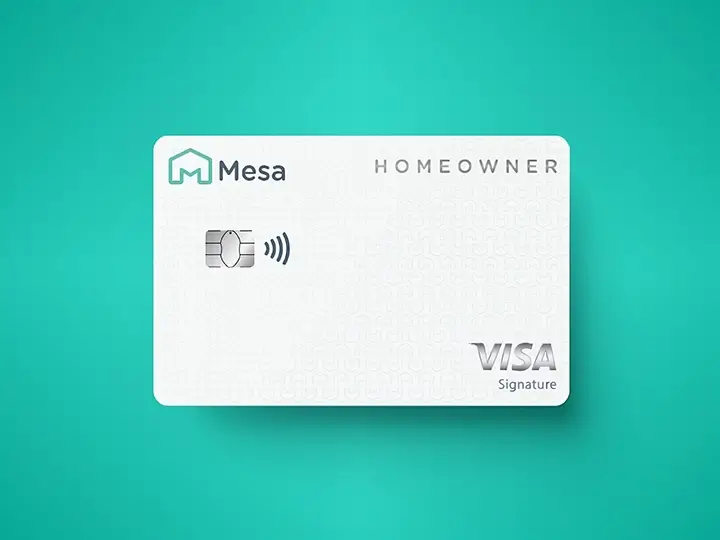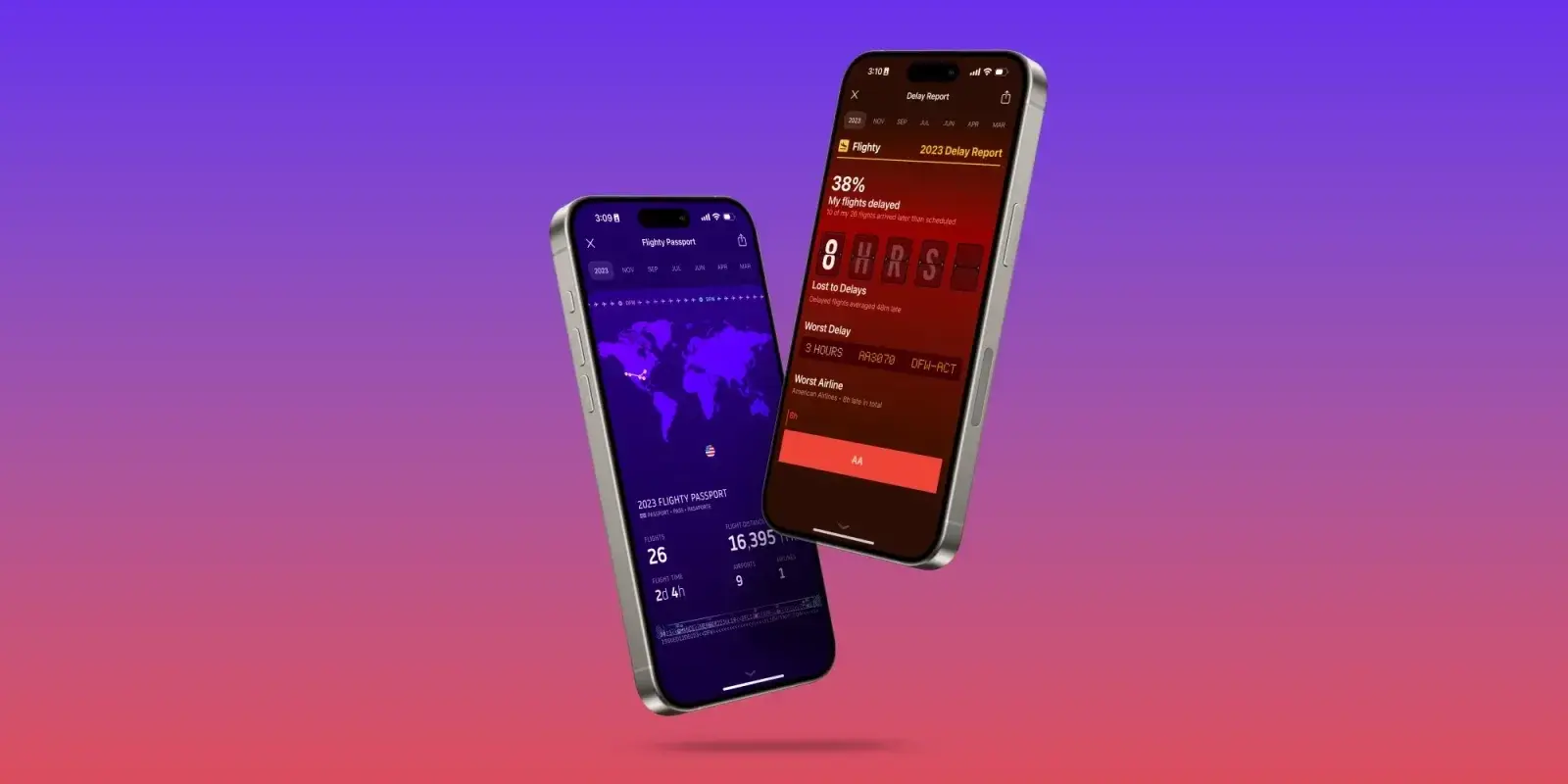
Kudos has partnered with CardRatings and Red Ventures for our coverage of credit card products. Kudos, CardRatings, and Red Ventures may receive a commission from card issuers. Kudos may receive commission from card issuers. Some of the card offers that appear on Kudos are from advertisers and may impact how and where card products appear on the site. Kudos tries to include as many card companies and offers as we are aware of, including offers from issuers that don't pay us, but we may not cover all card companies or all available card offers. You don't have to use our links, but we're grateful when you do!
Credit Card vs. Debit Card: When You Should Use Each
July 1, 2025


Credit and debit cards look pretty much the same — and chances are pretty high that you have both in your wallet as you’re reading this. However, they're very different behind the scenes. Credit cards allow you to spend money from your credit line (akin to a short-term loan). Debit cards force you to use the money in your checking account.
Deciding when to use which can be tricky. Do you need to carry both? What are your priorities and goals — do you value rewards or staying on budget? There are many credit card options — and deciding which card to use can be overwhelming — so much so that many Americans prefer the simplicity of debit cards as their primary payment method. The big issue here? They leave hundreds — possibly thousands — of dollars on the table in the form of rewards.
What Is a Debit Card?ard?
A debit card allows you to make purchases using the money in your checking account. They're just as easy to use as credit cards and can offer certain consumer protections. Debit cards are meant to give you immediate access to funds and have cut the need for paper checks or cash.
Debit cards often come with a personal identification number (PIN) for cash withdrawals (and sometimes required for purchases). There are prepaid debit cards that allow you to preload the card with a set balance and don’t require a checking account.

What Is a Credit Card?
Credit cards allow you to make all the same purchases as a debit card, but they're linked to a revolving line of credit (generally with a credit limit). For most cards, you can carry a balance and only have to make a minimum payment — and in exchange, the credit card issuer will charge you interest. However, most credit cards offer points or rewards. Note that creditworthiness determines the amount of the credit line.
Types of credit cards
Consumers have an average of four credit cards, and there’s no shortage of the types you can have. Standard cards, also known as general purpose cards, can be used for just about anything. Rewards cards offer cash back or points for purchases. There are also premium rewards cards that give you access to special events, airport lounges, and concierge services; as well as high limit cards.

Charge cards don't have a preset spending limit, but they don’t allow you to carry a balance. Balance transfer cards offer low introductory interest rates, such as 0%, for opening and transferring your balance from another card. There are also secured credit cards, which require an initial cash deposit as collateral.
Advantages of a debit card vs. a credit card
Both debit and credit cards have pros and cons to using them.
Debit card pros
There are some advantages to simply using your debit card.
Fraud liability
Although fraud protections are generally best with credit cards, certain debit cards can still offer protection. If you report your stolen or lost card before unauthorized purchases happen, you’ll have no liability per the Electronic Fund Transfer Act.
Reporting charges after the fact puts you on the hook — for example, reporting after 48 hours means you might be liable for charges of up to $500. You'll likely be out of your cash until the bank completes its investigation.
Limits overspending
By default, debit cards prevent you from overspending — although some will allow you to overdraw your account for a transaction. But for the most part, what you can spend is limited to what you have available in your checking account. Being able to only spend the money in your account can help control spending. Debit cards can be good for budgeting and limiting the amount of debt you rack up.
Access to cash
Debit cards give you access to the money that’s in your checking account by allowing you to make purchases. But it also lets you withdraw cash via automated teller machines (ATMs). Accessing cash via credit cards can be cumbersome and expensive — as they charge a cash advance fee and carry higher interest rates than purchase transactions.
No interest, annual fees
The average interest rate on credit cards is 16.2% — and Americans spend roughly $120B a year on credit card interest and fees — roughly $1,000 per household. By using a debit card, you’ll avoid those charges and any annual fees.
Debit card cons
The key disadvantages to debit cards include opportunity costs and credit score impact.
Lack of rewards
If you’re using a debit card and not your credit card, you’re likely missing out on rewards. Most debit cards don't offer any rewards and the ones that do pay 1% or less in cashback.
Most debit cards don't offer rewards for using them — except for a select few. The few that do offer between 0.5% and 1% in cashback. Some cards will offer a round-up feature, which rounds up the transaction to the nearest dollar and moves that amount to a savings account.
Won’t build credit
Debit cards don't help you build your credit history. Debit card activity isn't reported to the credit bureaus. Meanwhile, credit cards are, which can help boost your credit score.
Fees
Although you don’t have to pay interest or annual fees with debit cards, there’ll be other fees. This includes overdraft fees — when you spend more money in your account than you have — as well as returned-item and maintenance fees.
Credit card pros
For the most part, there are major advantages to credit cards compared to debit cards.
Rewards
The biggest benefit is the rewards. Just by using a credit card, you can get cash back or points that can go toward hotel stays or flights. Only a select few debit cards offer any rewards, and they’re limited to 1% or less.
Builds your credit history
Having and using a credit card can help build your credit history. The activity is reported to the credit bureaus. But if you run up too much debt, it could be detrimental to your credit. As an added benefit, many credit card issuers offer free credit monitoring.
Purchase protection
Certain credit cards also provide additional warranties for purchased goods. This warranty and insurance goes beyond what the brand offers. If a product shows up damaged or doesn’t show up at all, you can start a chargeback to your credit card. Meanwhile, other cards will offer price protection that replaces lost or stolen items or offers a refund if you find that product sold elsewhere for less. Many credit cards have various built-in consumer protections, such as car rental insurance, or additional services, like roadside assistance or towing.
Fraud protection
Fraud protection for credit cards tends to be much better than for debit cards. Your liability for fraudulent credit card charges is limited to $50 if you report them in a timely manner — thanks to the Fair Credit Billing Act. However, nearly all credit card issuers take that a step further and offer zero-fraud liability, which means you won’t be liable for any fraudulent charges.
Credit card cons
The three big cons of credit cards are interest charges, debt accumulation, and a potential hit to your credit score.
Interest and fees
Using a credit card often generates rewards in the form of cash back or points, but using them can also be expensive. If you’re carrying a balance, you’ll have to pay interest, and some cards also charge annual fees.
Spending
Credit card purchases can lead to increased spending, as you can spend money that you don’t readily have. Making a purchase via a credit card is just a bit less painful than having to use a debit card. Overspending, or failing to manage your credit properly, could be an issue for young adults or college students.
Potential credit score impacts
If you pay your card on time and keep your credit usage in check, credit cards can boost your score. They also help you build a track record. However, your credit score will likely take a hit if you’re carrying a large balance or run into trouble making your payments.

Choosing the Best Card for Every Situation
Ideally, you should have both a suitable rewards credit card and a debit card, but when should you use each? There are a few select situations when you’ll want to reach for your debit card.
When to use your debit card
There are a few cases where you’ll want to pick a debit card over a credit card. One of which is if you’re already carrying a credit card balance on a high-interest credit card. Switching to a debit card can help cut down on your interest charges. Along those lines, if you can’t manage to stick to your budget, using a debit card could help.
The other time you’ll want to reach for your debit card is if you need cash. It’s generally cheaper to use one of your bank’s ATMs to get access to cash (often free). Using a credit card will lead to fees and interest that accrue immediately.
When to use your credit card
While you’ll likely use your credit card for most things, there are certain instances where you’ll want to make sure you reach for your credit card (or if you’re advanced, a specific type of credit card).
The first is if you’re making a large purchase. Using a credit card will offer an extra layer of protection in case the product is damaged or defective — or if it’s lost or stolen. Credit cards can also help get you extra time to pay when making major purchases.
Another instance is when you’re traveling overseas. You’ll get extra protection for cards lost or stolen. Certain cards charge no transaction fees for currency conversions. Many major credit cards also offer automatic travel insurance if you pay for the hotel and flight with them.
If you’re interested in rewards, you’ll want to stick to credit cards. A plethora of credit cards issue rewards; however, only a handful of debit cards offer them — and the rewards are always inferior.
Another time you may want to stick to credit cards is at gas stations. Gas stations often put a hold on your debit card for a large amount, such as $100, that might be in place for several days. Credit card use at gas stations also helps cut down on security risks.
If you’re renting a car or staying at a hotel, most will require a credit card. The ones that do accept debit cards generally make it inconvenient by placing a hold on your card of several hundred dollars.
Finally, if you’re looking to boost your credit score, using a credit card and making payments on time will help boost your score. Even if you use it for just a few purchases a month and then pay it off, it’ll help build your credit history.
Example: Let's consider two customers who each buy a laptop online that costs $1,000. One uses a debit card, and the other uses a credit card. They both enter their card number online. For the debit card user, the retailer places a $1,000 hold on their checking account — preventing them from using the money for other things. The other buyer using a credit card has their credit limit reduced by $1,000. The credit card user has until the next billing due date to pay the amount or make at least the minimum payment.
Should You Use a Credit or Debit Card?
When to use a credit card or a debit card can be situation specific. Most people carry both, as well as multiple credit cards. Overall, in most situations, a credit card will serve you best.
Once you start to have a few, however, deciding which card you should use to maximize rewards can be confusing. Our Chrome extension can instantly tell which credit card gives you the biggest bang for your buck, no matter where you’re shopping.
Unlock your extra benefits when you become a Kudos member

Turn your online shopping into even more rewards

Join over 400,000 members simplifying their finances

Editorial Disclosure: Opinions expressed here are those of Kudos alone, not those of any bank, credit card issuer, hotel, airline, or other entity. This content has not been reviewed, approved or otherwise endorsed by any of the entities included within the post.



































.webp)






.webp)
